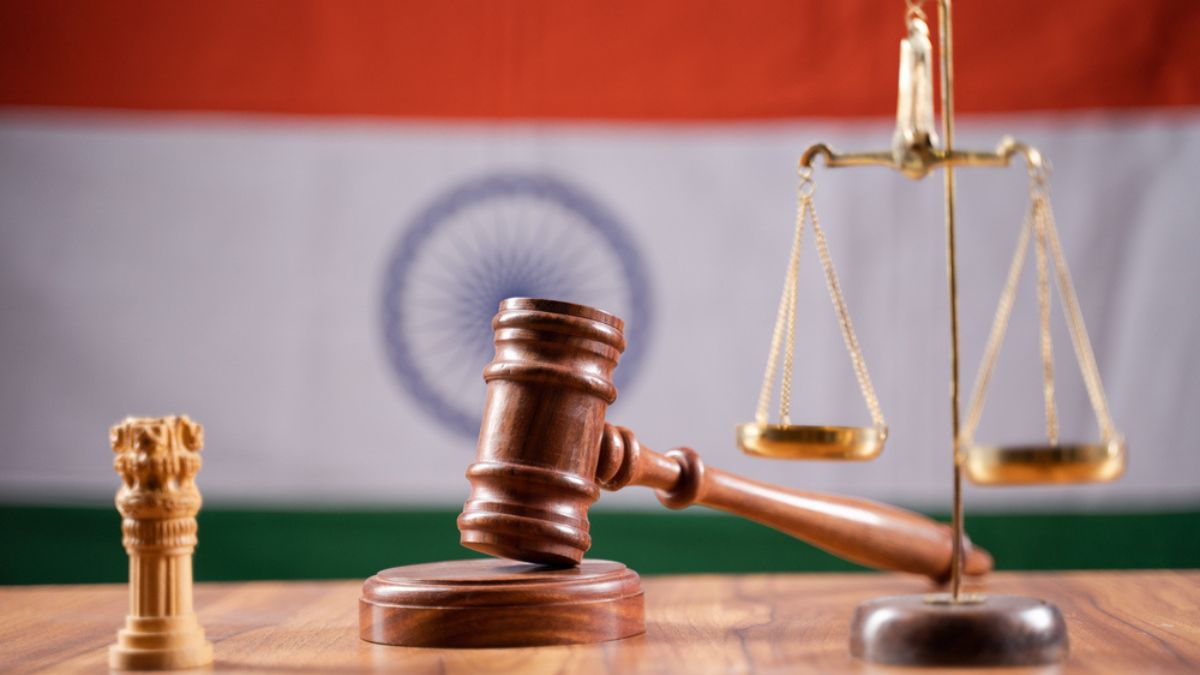One year of Bharatiya Nyaya Sanhita: Progress and pitfalls
 Representative Image
Representative Image
It’s been a year since the old Indian Penal Code (IPC) gave way to the Bharatiya Nyaya Sanhita (BNS), and police stations nationwide are still finding their footing. The new code has brought welcome changes, including better crime registration and trials, but officers on the ground confess to the daily challenge of swapping familiar IPC sections for BNS provisions. It’s a tough but heartfelt transition.
The BNS, which came into effect on July 1 last year, was hailed as a major step towards decolonising India’s criminal justice system. It aimed to simplify archaic language, remove redundant provisions, and make laws more victim-centric. However, in many states, police officers, especially at the investigator level, say that they still instinctively recall old IPC sections while drafting FIRs or preparing charge sheets.
“During investigations, our memory works on the old IPC numbers. We have to double-check the BNS equivalent every time, which slows us down,” admits a sub-inspector posted at a police station in the National Capital.
The Union Home Ministry and several state governments have organised crash courses, webinars and online modules to help the police force understand the new provisions. Despite these efforts, many officers say these trainings have not penetrated to the grassroots.
Police stations in rural areas, in particular, continue to face a shortage of updated reference material. Many beat constables rely on WhatsApp forwards or personal notes to cross-check the new legal language.
Experts are nodding in approval as the Bharatiya Nyaya Sanhita (BNS) brings clarity and speed to investigations and trials. New timelines are cutting procedural delays, while public prosecutors in courts cheer the rise in correctly framed charges.
Yet, without proper training, the benefits risk being diluted. “The new law looks good on paper, but unless the investigating officer understands the nuances, errors will continue,” says a senior advocate who trains police officers in criminal law.
Budget constraints also hamper implementation. Some states have asked for additional central funding to print updated FIR registers, charge-sheet templates and pocket manuals for officers. The lack of user-friendly digital tools compounds the challenge; many officers say they still flip through bulky PDFs on their phones instead of having an easy app to search BNS sections.
Additional Director General (Training) Raja Babu Singh, in a conversation with THE WEEK, shed light on the progress and still-irritating hurdles in the seamless implementation of new criminal laws on the ground. “We have designed a comprehensive three-day training module to train police investigating officers, which serves as a ready reckoner by compiling all the relevant bare Acts in a simplified format,” he explained. “However, the real challenge we are currently grappling with is the technological aspect.
Under the Bharatiya Nyaya Sanhita, it is now mandatory to video record the scene of the crime and even statements of witnesses in every crime in which the punishment is more than 7 years to ensure better evidence collection and transparency. But procuring tablets and ensuring their seamless integration with other pillars of ICJS (Inter-operable Criminal Justice System), remains an uphill task.”
He pointed out that these challenges are especially acute in rural and remote areas, where even basic internet connectivity cannot be taken for granted. “There are days when police personnel posted in far-flung police stations do not even have the minimum bandwidth required to upload digital evidence in real-time. Then it is not that to have adequate hardware, but to ensure officers are well-versed in its practical use, and that there is smooth digital synergy from the field to the courtroom,” Singh added.
Despite these hurdles, Singh firmly believes that the new criminal codes have started restoring people’s faith in the justice system. “These laws are inherently more victim-centric and sensitive to the needs of ordinary citizens. This has made the public more confident that their complaints will be handled fairly and swiftly,” he noted.
Professor K.A. Pandey of the National Law University, Lucknow, speaking to THE WEEK, did not mince words about the gaps that still remain in the ambitious rollout of India’s new criminal laws. “Unfortunately, what we are witnessing right now is a rather lackadaisical and casual approach to implementing these far-reaching reforms,” he said candidly. “We urgently need to establish a robust and foolproof mechanism for collecting and preserving digital evidence. One of the most critical aspects is maintaining the integrity of the chain of custody for this evidence, without this, any proof collected digitally is open to challenges in court.”
Professor Pandey stressed that the increasing reliance on digital documentation, such as mandatory videography of crime scenes under the Bharatiya Nyaya Sanhita, also brings fresh vulnerabilities. “Data tampering is a genuine threat, yet we have done precious little to put concrete safeguards in place to prevent it. Unless we address this loophole with urgency, the intended transparency and reliability of digital evidence will remain questionable,” he warned.
He also highlighted that the visible impact of these new laws is still limited to the initial stages of the criminal justice system. “So far, the focus has remained on implementation at the police station level. The real test of how effective and transformative these laws truly are will come when we start seeing landmark judgments and final interpretations from the High Courts and the Supreme Court. Only then will we know if these reforms can truly reshape India’s justice delivery,” Pandey added.
As India leaves behind its old colonial laws, the real challenge is to make sure that the police officers who use these new laws every day are not forced to figure things out on their own. For the Bharatiya Nyaya Sanhita to truly bring a quicker and fairer justice system, every police station must get the right training and support. This is something the country must not overlook.
India